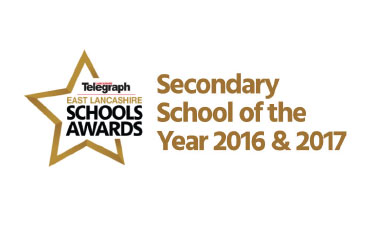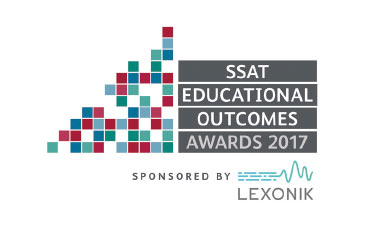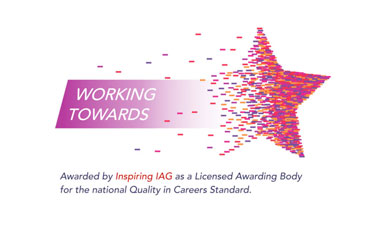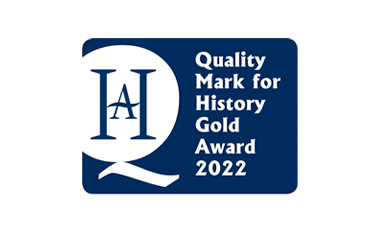1. Aims:
- To establish clarity regarding how pupil ‘progress’ through the curriculum is measured
- To enable all teachers to regularly check all pupils understand what they are learning
- To enable all teachers to confidently and accurately make judgements about what pupils know; to identify areas for development and to provide feedback
- To ensure high expectations of what pupils can do independently, are clear in curriculum thinking documentation
- To ensure that assessment practices facilitate improvements in knowledge and understanding.
2. A knowledge rich curriculum:
Every curriculum at Pleckgate has been carefully planned and sequenced to be ‘knowledge rich’. Knowledge gives pupils something to work with, and allows them to develop a rich schema over time. This knowledge is set out clearly in detailed curriculum thinking documentation (CTD) that all teachers use as the starting point for planning sequences of learning. A high level of clarity in CTD around common prior misconceptions, the key knowledge (component & composite) that pupils must first know and then understand are the steps to ensure that strong assessment practices can be put in place. A well-planned curriculum with clarity around knowledge and end points then becomes the progression model in itself. Curriculum planning and delivery should ensure pupils retain key knowledge, not just encounter it then move on.
3. Formative Assessment & responsive teaching:
The most powerful assessment is both planned and spontaneous, embedded into strong subject specific pedagogy that allows the teacher to gauge whether key component knowledge has been learned before moving onto composite assessment tasks. Research also supports regular, planned opportunities to practice key knowledge recall and this is most powerful when it is interleaved at points when pupils are about to forget. In order for pupils to successfully retain knowledge in the long term, regular retrieval practice will allow pupils to understand increasingly complex knowledge and concepts.
Formative assessment involves the ongoing checking of pupils’ progress, this shapes future lesson planning and intervention. Effective formative assessment enables teachers to identify how pupils are performing on a continuous basis, they use this information to provide immediate and effective feedback, closing any gaps in knowledge so pupils have the best opportunity to make progress in lessons, remembering and knowing more.
Using formative assessment as part of your regular teaching routine will tell you if all pupils have grasped what you want them to learn, not just some of them. By using the strategies below as part of your lesson planning, you gain an insight into how the depth of understanding of one pupil compares to another and, as a result, what you need to do to help them understand better. This can’t be left to chance and needs careful planning to help pupils learn well.
3a Formative Assessment Strategies:
- Share objectives clearly with pupils, focus on what they should know not what they should do (less focus on the task more on the learning/knowledge)
- Build in opportunities to check all pupils understanding as a regular feature of your lesson planning. Use mini whiteboards/Whiteboardfi
- Use cold call questioning to check all pupils understand not just some pupils. Be random in who you ask
- Plan low stakes retrieval tests around hinge questions as a key routine of your lesson, pupils know what to expect. Use pre-prepared hinge questions and quizzes
- Show pupils what excellence looks like through modelling, guided practice and explanation
- Lead guided practice as a feature of your lessons and give time for pupils to have independent practice
- Have individual discussions with pupils about their understanding in the lesson
- Review individual pupils’ work in their books and provide feedback in the lesson that they can act on
4. Summative Assessment:
At Pleckgate, the curriculum is the progression model and therefore all assessment is aimed at assessing a pupil’s substantive and disciplinary component and composite knowledge in line with the curriculum expectations. Summative assessment is primarily for this purpose and to inform next steps, but also provides valuable information to pupils, parents/carers and teachers in order to make informed judgements about the progress of pupils across the curriculum.
Summative assessments can be key pieces of work, for example pieces of extended writing, end of unit tests, progress check assessments or mock examination material in KS4. Summative assessments are a review of the learning during a particular period of time. Pupils are only assessed on content they have covered, and the expectation should be that pupils know and understand what they are being assessed on, therefore should perform well. The most effective assessment processes should be an opportunity for teachers and pupils to have a shared understanding of the expected standard in English, maths, art etc, provide formative feedback to pupils so they know how they did, were they right, and how they can improve. This process should motivate pupils to take responsibility for improvements as the feedback is given in actionable next steps completed in mad time.
In school, summative assessments are designed by Curriculum Leaders using resources that reflect each subject’s schemes of learning. Mid/End of year assessments are moderated internally by departments and quality assured by Curriculum Leaders and Senior Leadership Team (SLT) Links.
At Pleckgate High School, summative assessment takes place in the following ways:
- End of unit topic or knowledge tests to check understanding of key content before moving on to a new unit
- Project work or independent study that allows pupil to work at their own pace at home over a longer period of time
- Midterm or end of year assessment, provides pupils with the opportunity to revise and prepare for assessments that revisit content taught from last month, last term or last year
- Mock Examinations for KS4 pupils which provides an opportunity for pupils to practice and have actionable feedback.
Summative assessments often go hand in hand with centralised assessment information collection, which is useful if used in conjunction with pupils having a clear understanding of where they are on their own learning journey and what they need to do to improve.
Version: September 2022




